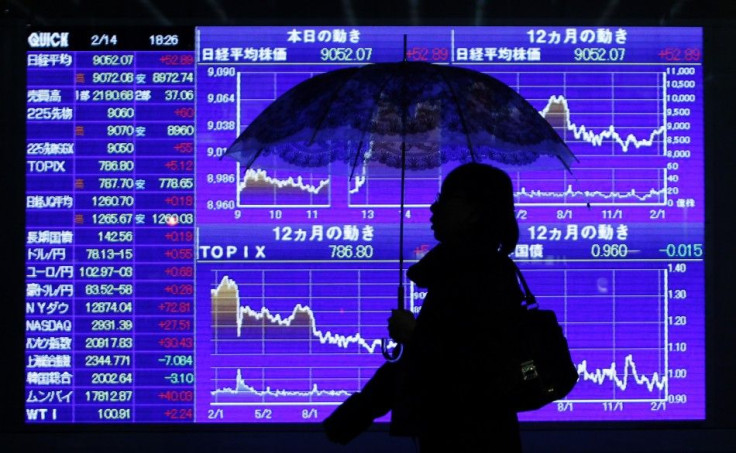Is Deflation a Real Threat?
Opinion

When it comes to the debate on whether the United States is experiencing inflation, it is typically not a yes or no interchange. If you have read the first two parts (Part 1, Part 2) of my series on inflation, you are well aware that I am on the side that inflation is already upon us. My counterparts, typically, will not only disagree, but will also bring up the issue of deflation.
In simple terms, deflation can be defined as the decline in prices of goods. In the last few years, there have been handfuls of goods that have experienced a drop in price; that statement, however, is not true in general. Just look at the price increases in gasoline and food; the deflation backers, of course, will point to the declining prices of select electronics and housing.
Causes of Deflation
There are several scenarios that can cause a deflationary period. In regard to goods, if an increase in the supply of goods occurs, it will lead to falling prices as long as demand remains steady. The same affect would occur if the supply of goods remained steady and the demand falls: Both will end in lower prices.
Money supply can also play a critical role in causing deflation. If the supply of money falls, it will result in the prices of goods falling because the value of the currency will not go as far. On the flip side, if there is an increase in the demand for money, it will also lead to lower prices because the population will be holding onto their money and not buying as many goods, thus driving down prices.
Looking back at the height of the recession, it is true that prices were falling and deflation was a real concern. This was caused by a fall in demand for goods due to the sweeping global slowdown. That is not the case anymore, as overall global growth is picking up along with demand for goods around the world.
Why Deflation is Harmful
From the consumer viewpoint, when deflation occurs, it will lead to lower prices when purchasing goods, but this may not be all good. As prices fall, it is our human nature to sit back and wait for them to continue to drop, leading to a slowdown in purchases. It will also cause confidence to fall among consumers, again leading to either delayed or no buying at all.
If prices fall, it could have a negative impact on the companies that are selling the goods to the consumer. Less demand for their goods will result in lower net profits, which could be the first factor in the laying off of workers and causing a spike in the unemployment numbers. As the number of unemployed increases, the demand for goods will naturally shrink and lead prices to fall even further.
Some may argue that the corporations could cause the affect of deflation initially and the laying off of workers will lead to decreased demand by consumers. Regardless of which comes first, similar to the chicken versus the egg, the end result is the same.
Fed Fighting Deflation
One way to fight deflation is to lower interest rates and increase the money supply so that demand for goods picks up. This leads to higher prices, otherwise known as inflation. The Federal Reserve has been doing just that for the last few years and, according to its most recent statement, this strategy will continue for another two years.
While this may have been a good idea during the height of the recession, it is no longer a deep recession. As a matter of fact, growth is coming back and the theory that more cheap money will not lead to inflation is mind-boggling. Eventually we will all be paying the price (no pun intended) of the Fed's current low interest rate strategy at the checkout counters. Most likely sooner rather than later.
The one argument the Fed has is Japan, which, for a decade, has kept interest rates low and it didn't lead to inflation, but rather deflation. I don't think the U.S. is in the same situation as Japan; still, that period in Japan is referred to as the lost decade.
The bottom line is that keeping interest rates low did not work for Japan, and I don't believe it will for the U.S. The odds are that the U.S. will see inflation and it could lead to a term we should all fear: hyperinflation.
Matt McCall is founder and president of Penn Financial Group, an investment advisory firm that specializes in ETFs and individual portfolio management. Matt is the author of two investment books: The Swing Trader's Bible: Strategies to Profit from Market Volatility and The Next Great Bull Market: How to Pick Winning Stocks and Sectors in the New Global Economy. He is a regular host on the Fox News Channel. His credits include: The Wall Street Journal, CNBC, Business Week, Bloomberg TV, and Investor's Business Daily, to name a few. You can check out his Web site here: www.MatthewDMcCall.com
© Copyright IBTimes 2024. All rights reserved.





















